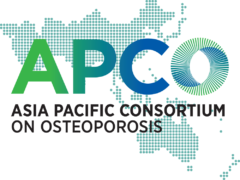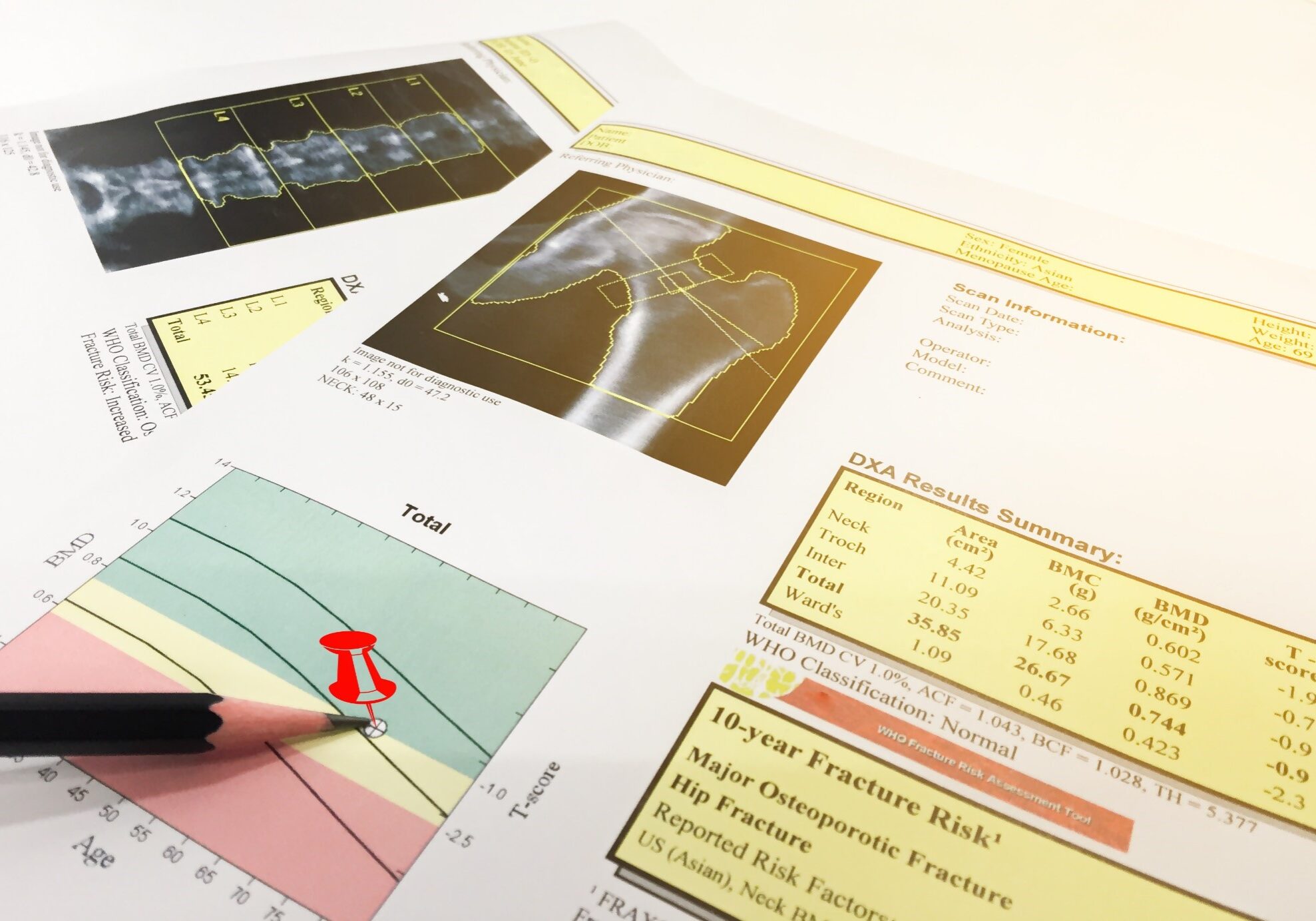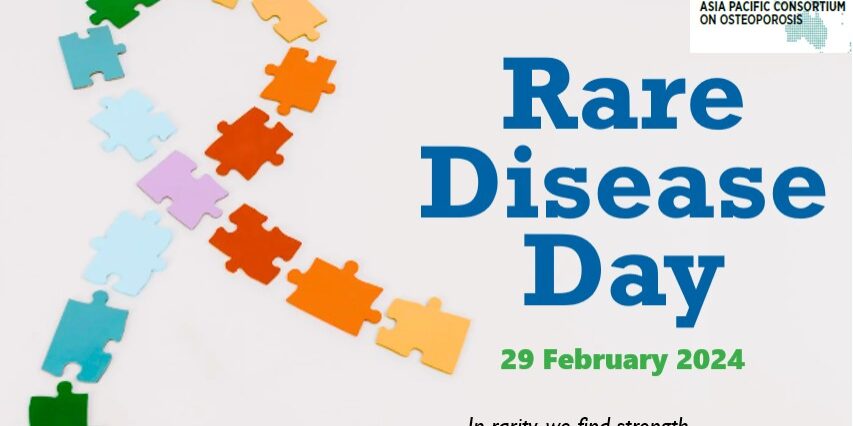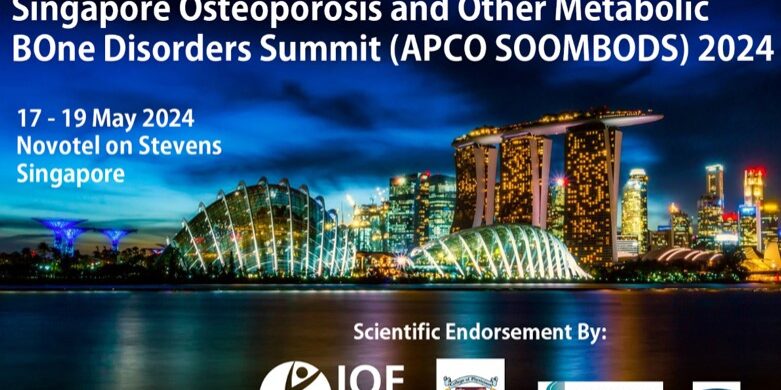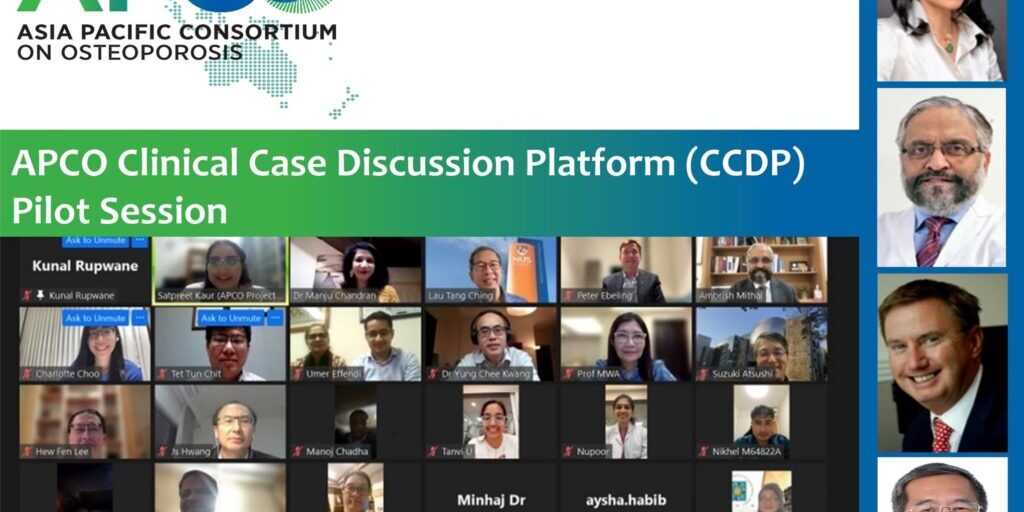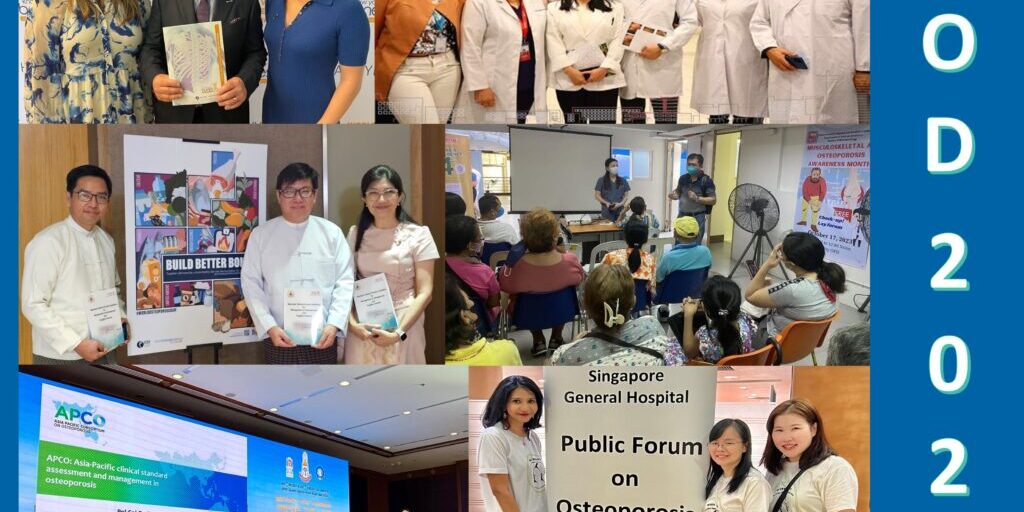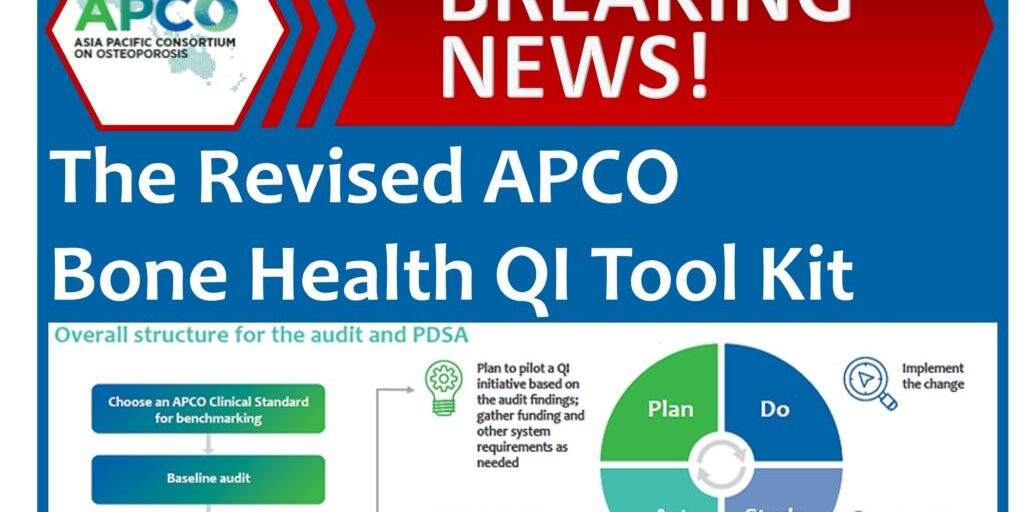A recent IOF-ISCD global survey carried out at the Medical Research Council Lifecourse Epidemiology Unit (MRC LEU, University of Southampton) in collaboration with the International Osteoporosis Foundation (IOF) and the International Society for Clinical Densitometry (ISCD), has revealed a worrying lack of quality assurance and reporting procedures in DXA services worldwide.
Dual-energy X-ray absorptiometry (DXA) has an important role in the evaluation of individuals at risk of osteoporosis, and in helping clinicians make treatment decisions. The technique is still considered the gold standard to measure BMD, and compared with alternative bone densitometry techniques, has a number of advantages: BMD results can be interpreted using the WHO T‐score definition of osteoporosis, they have a proven ability to predict fracture risk and proven effectiveness at targeting anti-fracture therapies, and the ability to monitor response to treatment.
In the survey of 121 fracture liaison services (FLS) from 31 countries (participants in the Capture the Fracture® Best Practice Framework) over 70% of institutions reported that, for over 90% of the time, DXA access met service needs. However, less than 50% of the services surveyed confirmed adequate adherence to many basic DXA quality assurance and reporting procedures. Furthermore, 25% of the DXA facilities reported not being accredited by professional or government organizations, and more than 50% indicated that they desired ongoing education for DXA machine operators and interpreters.
The key learnings from this unique collaborative study are that many DXA scanning facilities are falling short of quality standards and that there is a wide-spread need for educational initiatives targeting DXA measurement technology and reporting.
This need could be addressed by increased uptake of the joint IOF-ISCD Osteoporosis Essentials: Densitometry, Diagnosis and Management Course. The training course, available worldwide and, delivered by local organizers, provides a set of standard practices and information to raise the level of awareness and education in bone densitometry and osteoporosis. The two-day course is typically offered in two ‘tracks’, with the technologist track designed specifically for those engaged in the performance and interpretation of DXA scans. The second day, or ‘clinical track’, focuses on the prevention, treatment, and management of osteoporosis. Each track includes a mandatory exam. Upon successful completion of the course and exam, participants receive an Attestation of Achievement as proof of mastery understanding of the content.
Fracture liaison services are at the frontline of assessment and treatment of high-risk patients. It is our hope that the survey findings will indirectly serve to alert services, and the broader healthcare community, to the need for quality assurance in DXA reporting, as well as to galvanize greater uptake in training and accreditation.
Ultimately, these improvements would translate to better diagnosis and care for patients worldwide.
Note: The next Osteoporosis Essentials training course in Asia will be held in Bangkok, Thailand from November 26-27, 2020. For information and to register, visit https://www.osteoporosis-essentials.org/course/2020-11-25-thailand-bangkok-
Contributed by Prof. Cyrus Cooper, MRC Lifecourse Epidemiology Unit, Universities of Southampton and Oxford, UK; President of IOF
